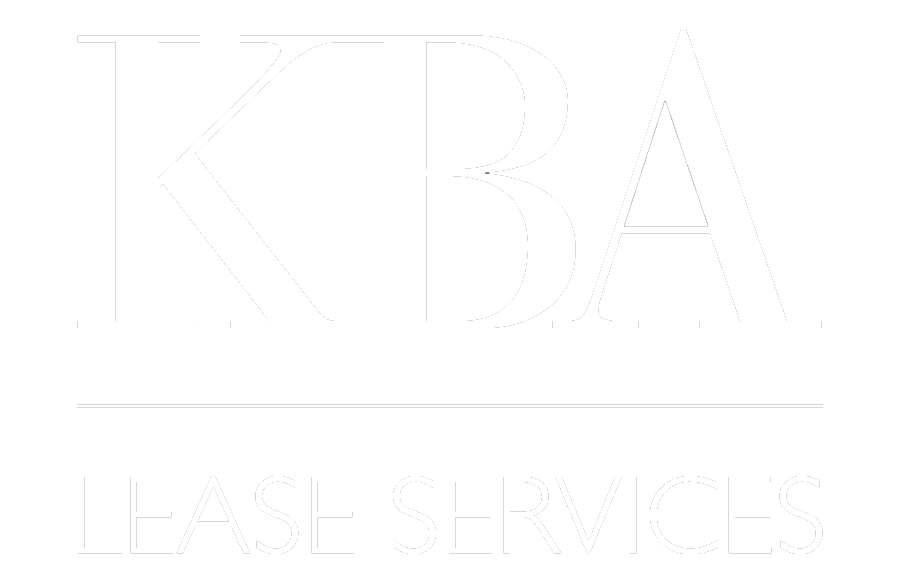To achieve that success, lease auditing cannot rely exclusively on accounting and auditing skills. It needs to supplement those disciplines with legal, architectural, building management and general business skills, in particular the ability to negotiate a resolution that satisfies the tenant’s objectives.
Office buildings with vacancies often have distorted expense pass-throughs. This brief case study outlines why and how this can become an issue for tenants.
In 2009, ABC Company moves into a building that is only half occupied. ABC signs a 10-year base year lease, where it agrees to pay for increases in building expenses over time, with 2009 serving as its base year. The lease states that as building expenses rise from year to year, the landlord is to compare them to the expenses from 2009, and send ABC a bill for its share of the difference.
Over the next two years, the building starts to fill up as the landlord periodically leases out the remainder of the vacant space. By 2011, the building is 100% full. Everyone is happy, and everything feels right for each tenant, on every floor.
But something is wrong. For some reason in 2011, ABC receives a bill that is 10 times greater than expected!
How Did This Happen?
The size of the premises is one of the most important factors in the tenant’s leasing decision. It is imperative that this factor receives the proper attention during the lease negotiations and the drafting of the lease documents. This article discusses critical issues such as rentable and usable space, the different measurement standards applied, the linkage between size and rent, and how best to protect a tenant’s interest during the lease negotiation process.
As a general rule, capital expenditures should not be included in tenant pass-throughs. This article explores the reasons why and how tenants must strive to keep capital expenditures out of the operating expense clauses in their leases. This article reveals how leases may be structured to include or exclude the various (and sometimes hidden) forms of capital expenditures, and how to properly account for such expenditures.
In real estate, some of the most commonly used terms are “Net Lease” and “Gross Lease.” This article discusses structures such as net, gross, modified gross and hybrid leases. Because of the many different variations on lease structures, it is important to understand what these terms refer to and how they should be used.
In a previous LeaseTip, we wrote about how Capital Expenditures should be excluded from tenants’ operating expense pass-throughs because they constitute ownership’s costs to either 1) improve the property or 2) replace property components as they wear out, and both improvement costs and replacement cost are already captured by the base rent. However, many clients have asked us whether it is appropriate to allow capital expenditures that reduce operating expenses. This article explores the various situations and conditions in which it may be appropriate for a landlord to include cost-saving capital expenditures in a tenant’s operating expense pass-throughs.
This article provides a thorough explanation of the lease audit process. It elaborates on the types of errors that occur in the billing process, the skills needed to detect overcharges, and possible methods of compensation. As lease auditing has become more widely used, the focus of the audit has also shifted from recovery of overpayments toward ongoing lease compliance and overall control.
Many tenants are retaining outside firms to audit their leases, and a number of firms are now offering lease auditing services to their clients. This article outlines several key criteria for selecting a lease audit firm.
The Modified Gross Lease is the most favored form of lease for multi-tenant office space. However, if not drafted properly, a modified gross lease can cause a tenant to pay significantly more than understood by the parties when the deal was negotiated.
When preparing budgets, it is imperative to realize that a tenant’s liability for its share of increased operating expenses can rise at a completely different (and much higher) rate than the building’s expenses. Although building operating costs may inch up by only 3-4% per year, your liability will usually more than double the first year and rise thereafter by around 50%, 33.3%, 25%, and so on.


